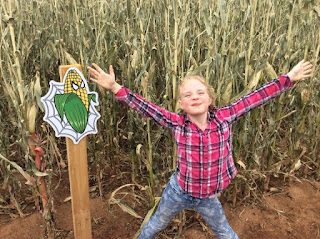
Is it simple? Is it easy?
Natural learning is easy to understand. It's not so easy to feel confident that natural learning is as good as (let alone better) than institutional learning. Natural learning *shouldn't* test as well as school learning. It isn't geared to passing tests. It's geared to understanding. And understanding is hard to test for!More by Joyce that will follow on this:If natural learning were easy to trust Sandra could have put up on her website:
Create a rich environment. Support and feed their interests. Connect with them.And none of us would still be sitting here nearly 20 years later, still explaining that it does work. 😉
—Joyce Fetteroll (on Always Learning)
Why You Can't Let GoBy Joyce, Sandra and others (every image is a link): Real Learning
"Products" of Education
How do I stop wanting to see structured learning?"
How to learn about unschooling naturally: Read a little, try a little, wait a while, watch.

TAKE THE EASY WAY!!!
Make people’s live easy. Don’t think there’s virtue in allowing difficulties to continue.
Make his life easier, if you can do it in some simple way.
The world will provide obstacles and difficulties enough. Let it be your duty and joy to provide a haven.
Someone fearful of "media violence" wrote: "I know this is a complex topic."

Joyce Fetteroll responded:
Only when it's mixed in with traditional parenting, school, disconnection.
In unschooling families it's simple: we help our kids explore what interests them in ways that are safe. And the side effects are that they find being loved and trusted and accepted for who they are is a whole lot more attractive than hatefulness and meanness. When their lives are full to overflowing with love, they don't need violence to get something they're lacking. All they need is to ask and they have a parent who will help them get it.
It's really that simple! Not complex at all.

Humans are social animals, and learn in mixed-age groups, when they learn naturally. A family can create that natural learning environment, or can fail to create it. 😕 Being around other people, though, IF AND WHEN a child wants to learn and is encouraged by parents to learn how to be considerate and sociable, can be a good place to learn "manners"—ways to behave politely.I don't know if I was defending TV or responding to something about courtesy, or mixed-age interations, or instinct, or what. 😕 Some of all of it, probably.
In school, children are still social animals with the need to identify who might help them, and what their role is within the social structure. The social structure being unnaturally 20+ kids the same age, they figure out who are the leaders and the "young" and they act in accordance with their instincts in an unnatural setting. More adults to "teach them" wouldn't be the cure for that. They need to see actually younger children, and actually older people—teens, and young adults, and middle-aged, and elderly, behaving in natural real-world ways. TV is better for that than school is. Ideally, a rich unschooled life *IN* the real world is better than either.



